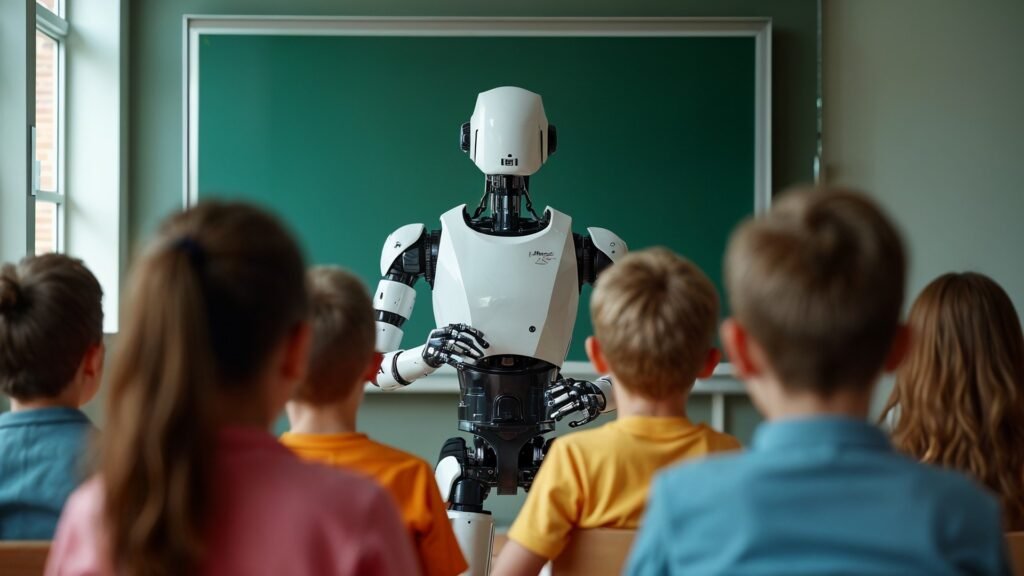Student uses AI, gets in trouble, parents are now suing the school

A student in Massachusetts used AI for a school project and was penalized for it. His parents then filed a lawsuit. The case raises fundamental questions about how to deal with AI in education and could have consequences for rules regarding AI in teaching.
Dispute over the use of AI in US schools
A dispute over the use of artificial intelligence (AI) for schoolwork has escalated at a high school in Massachusetts. The parents of a student have filed a lawsuit against the school board after their son was punished for using AI in a history project. The student, whose name is withheld for privacy reasons, had used AI tools with a classmate to research and create initial drafts of a project about basketball player Kareem Abdul-Jabbar and his commitment to civil rights.
The school administration viewed this as cheating and imposed sanctions: the student received a bad grade, had to go to detention and was temporarily excluded from joining the National Honor Society educational organization. Infographic of the world of work: Where AI is most widespread
Arguments from parents and the school authorities
How Ars Technica reported, the parents argue in their lawsuit that the school handbook at the time of the incident did not contain an explicit ban on AI use. They also claim that their son only used the AI as a tool and did not pass off someone else’s work as his own. The school authorities, on the other hand, refer to existing guidelines against unauthorized use of technology and plagiarism.
This is not the only case of its kind. Schools across the country are grappling with the question of how to integrate AI into teaching without jeopardizing academic standards. A survey by the Center for Democracy and Technology shows that more and more educational institutions are penalizing students for AI use, with marginalized groups disproportionately affected.
The school authorities defend their actions as a “relatively lenient” measure for a serious offense. She warns that a ruling in favor of the plaintiffs could allow unhappy parents and students to challenge everyday disciplinary actions in court.
Alexia is the author at Research Snipers covering all technology news including Google, Apple, Android, Xiaomi, Huawei, Samsung News, and More.












